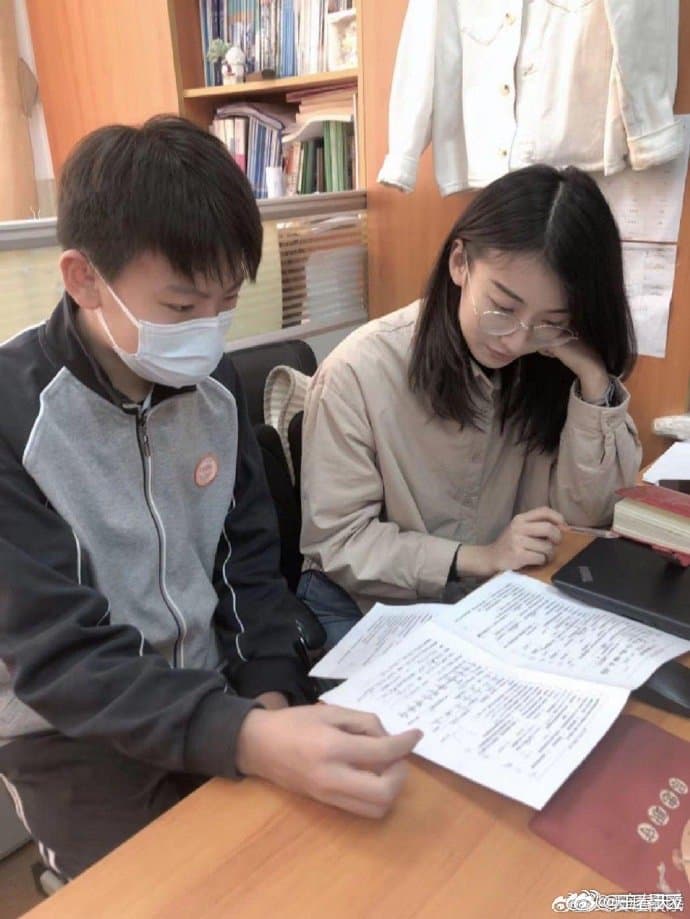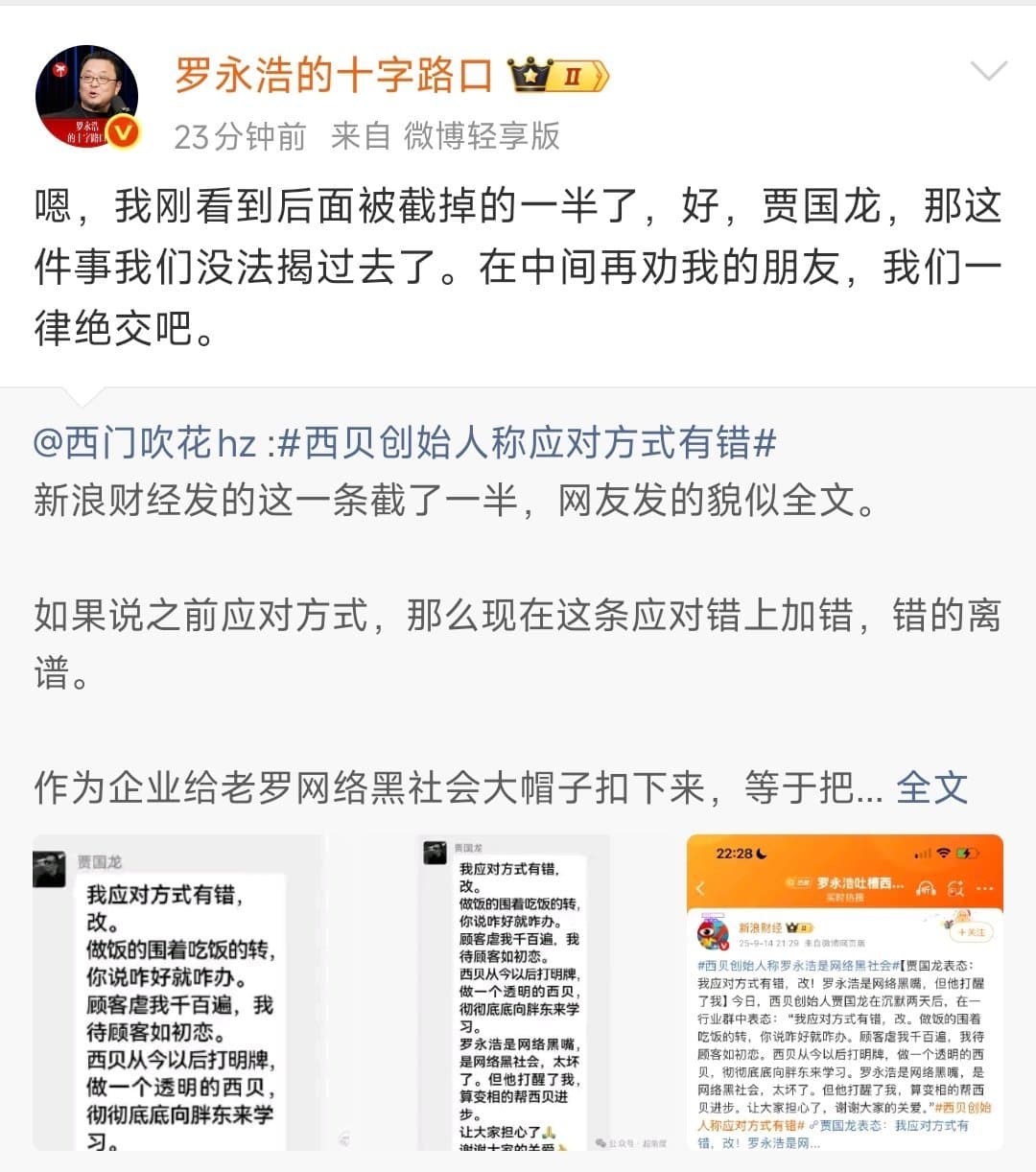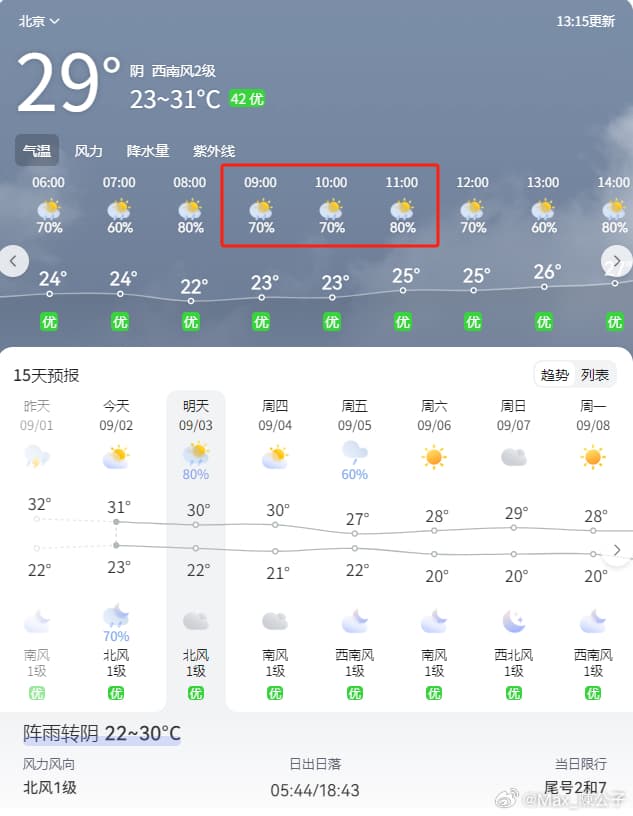Shanghai Teacher Scandal: Legal and Moral Debate Over Affair with Student
Shanghai High School Teacher Scandal Prompts Legal and Moral Debate

19 February 2024
An incident involving a married female high school teacher in Shanghai has sparked public outrage and legal discussions after she was reported by her husband to have an affair with a 16-year-old male student. The case, which has gone viral on Chinese social media, has raised questions about the legal responsibilities of the teacher and the potential violations of privacy rights in the case.
According to media reports, the husband of the accused female teacher, who teaches at a middle school in Shanghai's Xuhui District, publicized several chat messages between his wife and a Grade 11 boy on February 16th. The revelation ignited public attention and discussions. By February 19th, the school had issued a statement confirming that the teacher, identified only as Ms. Zhang, had been suspended, and that an investigation into the matter was ongoing.
The question that many have been asking is whether the teacher, in addition to facing moral condemnation and educational department rules, could also face legal consequences for her actions. Furthermore, given that the chat logs between the teacher and the student have been leaked online, there is the issue of whether or not it constitutes a violation of privacy laws.
While many argue that the teacher's behavior is immoral and undermines the professional standards of teaching, opinions are divided on whether her actions are also liable to legal penalties. In the eyes of some lawyers, the fact that the male student is 16 years old, an age that exceeds the statutory age of a minor in Chinese law, means that the teacher may escape criminal charges. However, experts also argue that although the teacher may not be liable for criminal charges, she does violate professional conduct rules and shows a neglect of her duty of care.
Under Chinese law, a sexual relationship between a teacher and a student under their care is considered a violation of professional conduct and could lead to termination or suspension of teaching duties. In this case, the teacher could face disciplinary actions but not criminal ones.
In a statement to the media, lawyer Lu Tianping from the Jiangsu Fade East Law Firm said that if a female teacher has a sexual relationship with a male student over 14 years old, it does not constitute a violation of the Criminal Law, but it violates the professional conduct rules, and the teacher must bear the corresponding legal responsibilities. Lu cited the Teachers' Professional Conduct Management Measures, which stipulates that the school and relevant education authorities should immediately organize an investigation and verification process and impose penalties based on the seriousness of the offense. Penalties could include warnings, reprimands, demotions, termination, or dismissal.
Another lawyer, Lv Renjin of the Jiangsu Zhongshan Mingjing Law Firm, pointed out that in this case, the victim is male, and the Criminal Law does not cover sexual violence against males. Lv said that according to the Criminal Law, rape (Article 236) and molestation (Article 237) of the Criminal Law, the victim must be a female, and this does not include males. Additionally, in this case, the student is 16 years old, and there is no use of force or coercion, making it difficult to constitute a criminal offense.
While experts agree that the teacher is unlikely to face criminal charges, her husband's actions have raised questions about privacy violations. According to Chinese law, everyone enjoys the right to privacy, which includes private life, space, activities, and information. Disclosing someone's private information without their consent is a violation of privacy rights. In this case, the husband's public disclosure of the student's private information may violate privacy laws.
The husband's actions have also raised concerns about the welfare of minors. According to the Minor Protection Law, it is forbidden to disclose a minor's personal information. Lv Renjin pointed out that if the information disclosed by the husband involves a minor, he may face administrative penalties. Furthermore, the victim or their guardians have the right to demand that the perpetrator stop the infringement, compensate for damages, remove related content, and apologize.
In addition, Lv Renjin pointed out that even if the teacher had an affair, the husband's public disclosure could be considered slanderous and defamatory, violating the teacher's right to reputation. In administrative terms, the husband may face administrative sanctions for violating public order and is potentially liable for defamation charges.
The case has created a storm of moral and legal debate in China, with many people expressing their outrage and concern over the teacher's actions and the lack of legal consequences. While the teacher faces disciplinary action and possible dismissal, her husband's actions have also been roundly condemned, with legal experts arguing that he violated privacy rights and potentially endangered the welfare of minors.
As the legal and moral debate continues, Chinese society must reflect on the importance of maintaining professional standards in the teaching profession, ensuring the protection of minors, and promoting a healthy and safe educational environment for all students.



